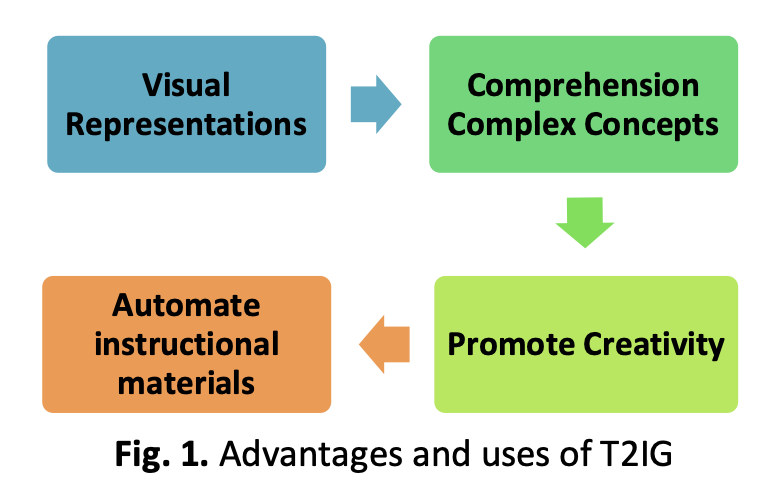Utilize Fuzzy Delphi Method to Design and Develop T2IG Application for Primary Schools
DOI:
https://doi.org/10.37934/araset.32.1.378389Keywords:
T2IG, artificial intelligence, instructional material, Fuzzy Delphi MethodAbstract
Education has encountered multiple transformations in tandem with the globalisation of society. Technology is an essential tool for conducting teaching and learning activities. COVID-19 pre- and post-education also emphasize the importance of technology in accessing education. This study aims to develop a Text to Infographic (T2IG) application. T2IG is an application that developed on two platforms, namely in the form of a website and a smartphone application. Users (students) upload text, and the Google Cloud Platform Artificial Intelligence components will translate it into a graphical form containing information. In addition, Google Cloud Platform Artificial Intelligence will quote actual contents from the entire text uploaded by the user. In this study, the process of gathering experts' consensus to identify the application's elements and components that should be used as the application's primary function. The Fuzzy Delphi Method was used to identify the consensus of the experts through a questionnaire. Using the Fuzzy Delphi technique is to get concessions from experts on the development of instructional materials. This method involves the use of fuzzy set theory which has been integrated with the classic Delphi method. The use of this technique helps in determining the requirements of the elements that are important in the development of instructional materials in detail. A total of 12 experts were identified using the expert sampling method. These 12 experts are among lecturers and officials from the fields of education, technology and language who are currently working at the University, Teaching Institutions and the Department of Education. The study identified seven key components and 25 sub-constructs that should be used in the development of the T2IG application. The findings highlight the importance of using technology to enhance teaching and learning activities and the significance of experts' opinions in the development of instructional materials. Twelve study experts accepted a total of six components. The findings of this study have implications for the development of instructional applications that will be developed. This study's findings also emphasise the appropriate components for developing T2IG applications as proposed.
Downloads





























